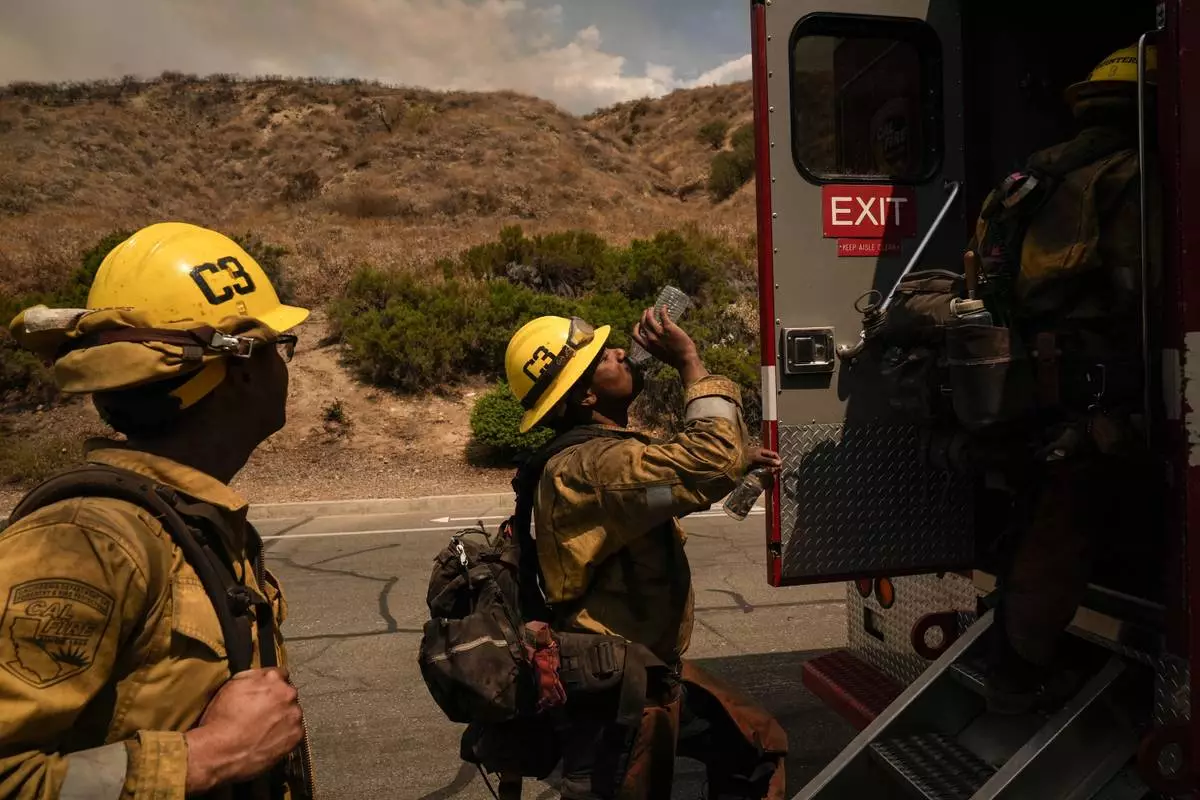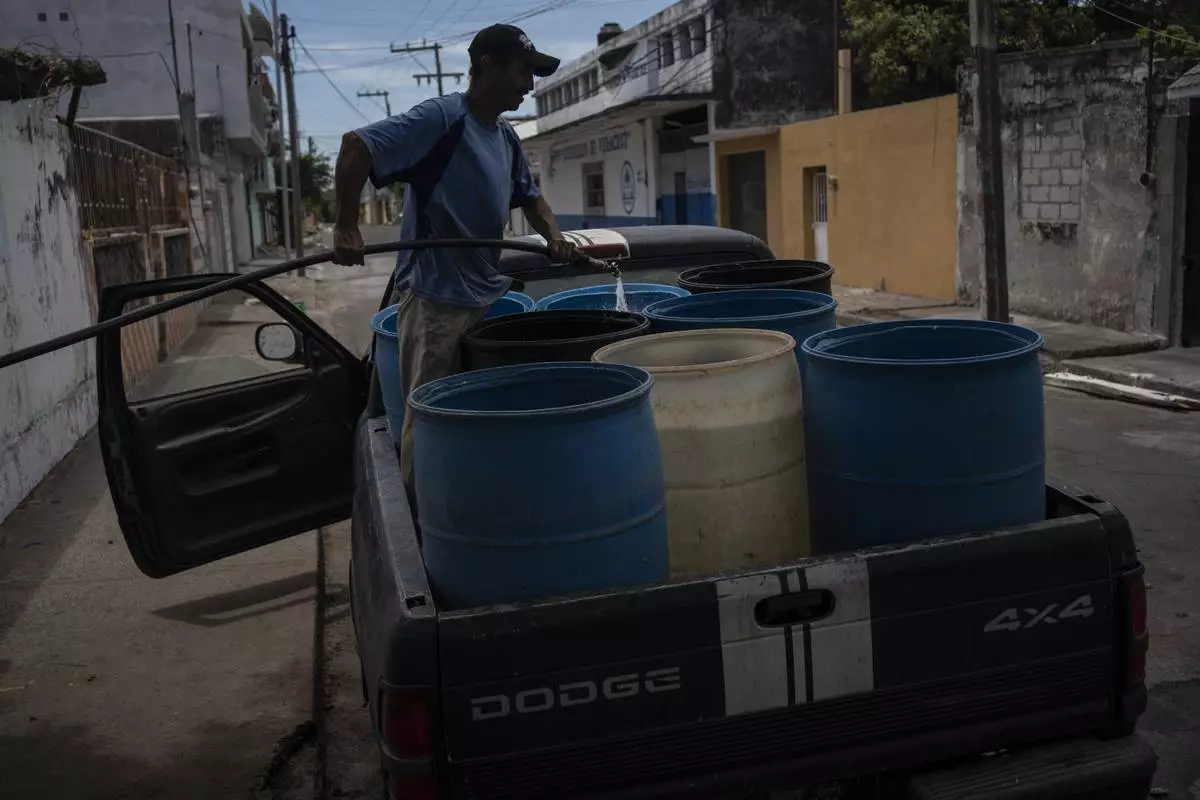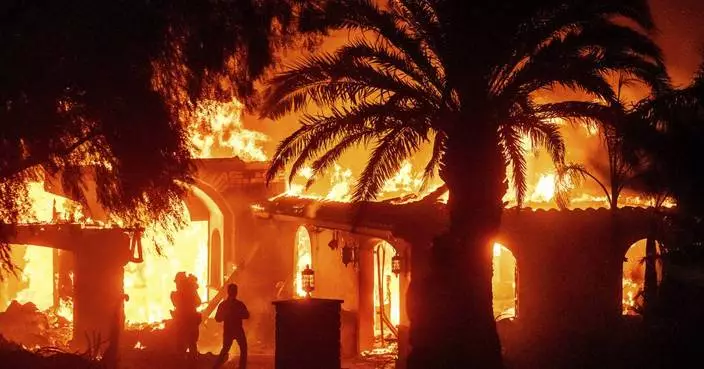LONDON & NEW YORK & HONG KONG--(BUSINESS WIRE)--Nov 7, 2024--
Options Technology, a trailblazer in capital markets infrastructure, today announced the appointment of Noam Siegel as Vice President of Sales.
This press release features multimedia. View the full release here: https://www.businesswire.com/news/home/20241107688801/en/
Noam brings over a decade of experience in sales, with a notable tenure at Interactive Data 7ticks and ICE serving as Manager for Connectivity & Feeds Sales. Prior to his time at ICE, Noam held multiple key positions at Interactive Data 7ticks, including leadership roles for account management, operations, and project management.
In his new role, Noam will lead the firm’s strategic business development initiatives, leveraging his proven track record and deep understanding of market dynamics, particularly in Chicago, to expand Options' footprint and strengthen its presence and partnerships in the region.
Danny Moore, President and CEO at Options Technology, commented, “Noam’s appointment as Vice President of Sales represents a strategic move for Options, particularly for our presence in Chicago. His proven track record and deep understanding of the local market dynamics make him the ideal addition to our team. His experience at 7ticks and ICE positions him perfectly to drive growth and strengthen our presence in the region, and we are delighted to welcome him to the team.”
Noam Siegel added, “I am excited to join Options Technology as Vice President of Sales at this pivotal time in the company’s history, particularly as it expands its presence in Chicago. I look forward to collaborating with the talented Options team to continue to deliver exceptional value to our clients and further solidify our position as a leader in the trading infrastructure and market data space."
Today’s news comes as the latest in a series of key appointments at Options, including, James Hardcastle as VP Head of APAC Sales, Marlena Efstratopoulou as CISO, and Scott Feagans as SVP Sales Engineering.
Options Technology:
Options Technology (Options) is a financial technology company at the forefront of banking and trading infrastructure. We serve clients globally with offices in New York, London, Belfast, Cambridge, Chicago, Hong Kong, Tokyo, Singapore, Paris, and Auckland. At Options, our services are woven into the hottest trends in global technology, including high-performance Networking, Cloud, Security, and AI (Artificial Intelligence).
www.options-it.com


Options today announced the appointment of Noam Siegel as Vice President of Sales. (Photo: Business Wire)
CHICAGO (AP) — For the second year in a row, Earth will almost certainly be the hottest it's ever been. And for the first time, the globe this year reached more than 1.5 degrees Celsius (2.7 degrees Fahrenheit) of warming compared to the pre-industrial average, the European climate agency Copernicus said Thursday.
“It's this relentless nature of the warming that I think is worrying,” said Carlo Buontempo, director of Copernicus.
Buontempo said the data clearly shows the planet would not see such a long sequence of record-breaking temperatures without the constant increase of greenhouse gases in the atmosphere driving global warming.
He cited other factors that contribute to exceptionally warm years like last year and this one. They include El Nino — the temporary warming of parts of the Pacific that changes weather worldwide — as well as volcanic eruptions that spew water vapor into the air and variations in energy from the sun. But he and other scientists say the long-term increase in temperatures beyond fluctuations like El Nino is a bad sign.
“A very strong El Nino event is a sneak peek into what the new normal will be about a decade from now,” said Zeke Hausfather, a research scientist with the nonprofit Berkeley Earth.
News of a likely second year of record heat comes a day after U.S. Republican Donald Trump, who has called climate change a “hoax” and promised to boost oil drilling and production, was reelected to the presidency. It also comes days before the next U.N. climate conference, called COP29, is set to begin in Azerbaijan. Talks are expected to focus on how to generate trillions of dollars to help the world transition to clean energies like wind and solar and avoid more warming.
Also on Thursday, a report released by the United Nations Environment Programme called for increased funds to adapt to global heating and its consequences. It found that the $28 billion spent worldwide to adapt to climate change in 2022 — the latest year the data is available — is an all time high. But it's still far short of the estimated $187 to $359 billion needed every year to deal with the heat, floods, droughts and storms exacerbated by climate change.
“Earth’s ablaze,” said U.N. Secretary-General Antonio Guterres in a pre-recorded statement marking the report's release. “Humanity’s torching the planet and paying the price” with the vulnerable most affected, he said.
“Frankly, there is no excuse for the world not to get serious about adaptation," said UNEP's director Inger Andersen. “We need well-financed and effective adaptation that incorporates fairness and equity.”
Buontempo pointed out that going over the 1.5 degree Celsius (2.7 degrees Fahrenheit) threshold of warming for a single year is different than the goal adopted in the 2015 Paris Agreement. That goal was meant to try to cap warming at 1.5 degrees Celsius (2.7 degrees Fahrenheit) since pre-industrial times on average, over 20 or 30 years.
A United Nations report this year said that since the mid-1800s on average, the world has already heated up 1.3 degrees Celsius (2.3 degrees Fahrenheit) — up from previous estimates of 1.1 degrees (2 degrees Fahrenheit) or 1.2 degrees (2.2 degrees Fahrenheit). That's of concern because the U.N. says the greenhouse gas emission reduction goals of the world's nations still aren't nearly ambitious enough to keep the 1.5 degree Celsius target on track.
The target was chosen to try to stave off the worst effects of climate change on humanity, including extreme weather. “The heat waves, storm damage, and droughts that we are experiencing now are just the tip of the iceberg,” said Natalie Mahowald, chair of Earth and Atmospheric Sciences at Cornell University.
Going over that number in 2024 doesn’t mean the overall trend line of global warming has, but “in the absence of concerted action, it soon will,” said University of Pennsylvania climate scientist Michael Mann.
Stanford University climate scientist Rob Jackson put it in starker terms. “I think we have missed the 1.5 degree window,” said Jackson, who chairs the Global Carbon Project, a group of scientists who track countries’ carbon dioxide emissions. “There’s too much warming.”
Indiana state climatologist Beth Hall said she isn't surprised by the latest report from Copernicus, but emphasized that people should remember climate is a global issue beyond their local experiences with changing weather. “We tend to be siloed in our own individual world,” she said. Reports like this one “are taking into account lots and lots of locations that aren’t in our backyard.”
Buontempo stressed the importance of global observations, bolstered by international cooperation, that allow scientists to have confidence in the new report's finding: Copernicus gets its results from billions of measurements from satellites, ships, aircraft and weather stations around the world.
He said that going over the 1.5 degree Celsius (2.7 degrees Fahrenheit) benchmark this year is “psychologically important” as nations make decisions internally and approach negotiations at the annual U.N. climate change summit Nov. 11-22 in Azerbaijan.
“The decision, clearly, is ours. It’s of each and every one of us. And it’s the decision of our society and our policymakers as a consequence of that,” he said. “But I believe these decisions are better made if they are based on evidence and facts.”
Associated Press reporters Seth Borenstein in Washington and Sibi Arasu in Bengaluru, India contributed to this report.
Follow Melina Walling on X, formerly Twitter: @MelinaWalling.
The Associated Press’ climate and environmental coverage receives financial support from multiple private foundations. AP is solely responsible for all content. Find AP’s standards for working with philanthropies, a list of supporters and funded coverage areas at AP.org.

FILE - Tourists with an umbrella walk in front of the Parthenon at the ancient Acropolis in central Athens, June 12, 2024. June 2024 was the hottest June on record, according to Europe's Copernicus climate service on Monday, July 8. (AP Photo/Petros Giannakouris, File)

FILE - Firefighter Geo Mulongo, center, finishes his water while taking a break during the Line Fire in Highland, Calif., Sept. 6, 2024. (AP Photo/Jae C. Hong, File)

FILE - Ricky Leath, an outreach specialist with the City of Miami, talks with Bei Zhao, right, as he works with the Miami-Dade County Homeless Trust to distribute bottles of water and other supplies to the homeless population, helping them manage high temperatures, May 15, 2024, in Miami. (AP Photo/Lynne Sladky, File)

FILE - A man fills containers with water due to the shortage caused by high temperatures and drought in Veracruz, Mexico, on June 16, 2024. (AP Photo/Felix Marquez, File)

FILE - A tourist shelters from the sun by a fountain in front of the Sforzesco Castle in Milan, Italy, July 11, 2024. (AP Photo/Luca Bruno, File)

FILE - Counselor Izzy Kellar, of Dayton, Ohio, fills up her campers' water bottles, June 20, 2024, at YMCA Camp Kern in Oregonia, Ohio. (AP Photo/Joshua A. Bickel)

FILE - A woman, center, weeps as patients of heatstroke receive treatment at a hospital in Karachi, Pakistan, June 25, 2024. (AP Photo/Fareed Khan, File)

FILE - A volunteer pours water to cool a man off during a hot day in Karachi, Pakistan, May 21, 2024. (AP Photo/Fareed Khan, File)



















